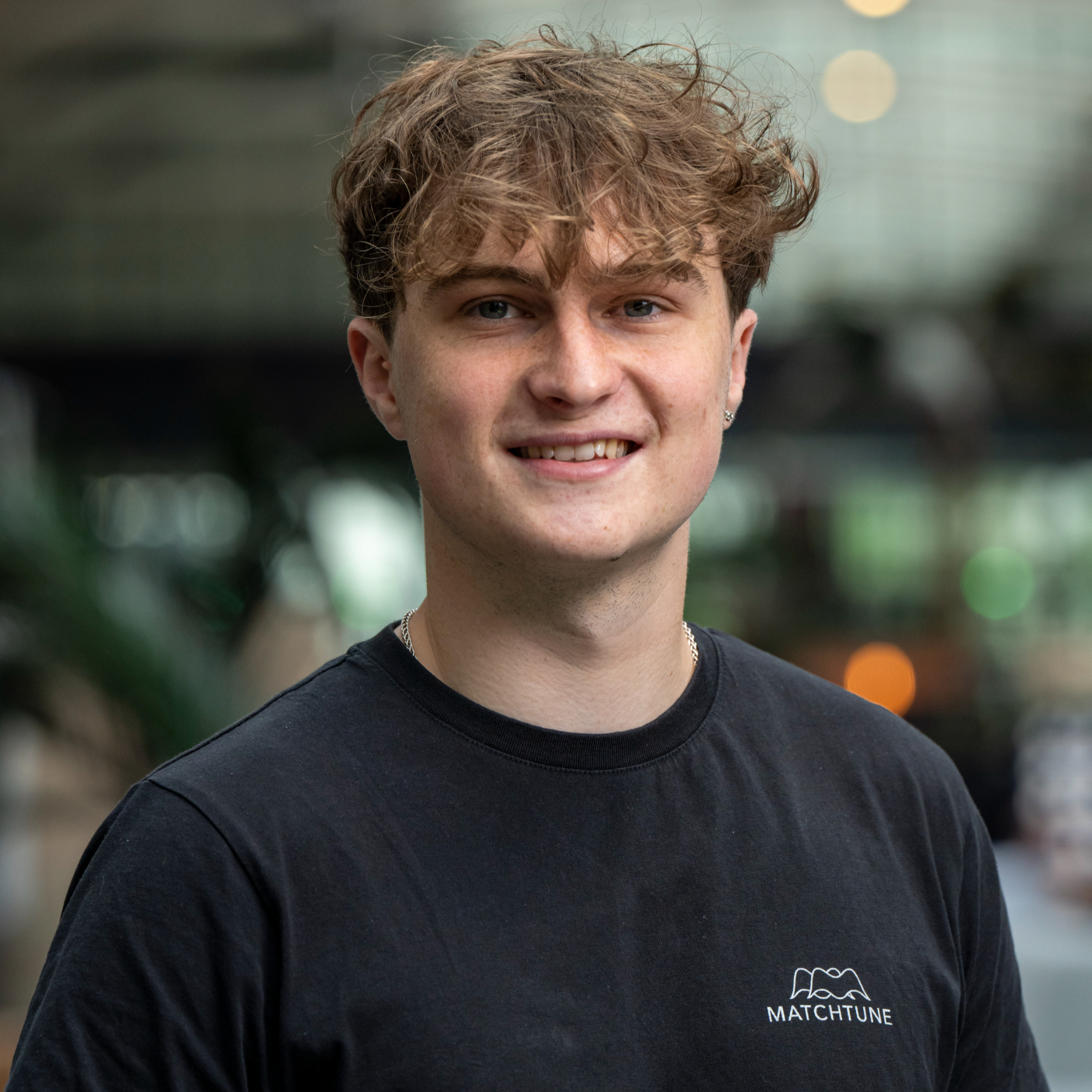Comprehensive Music Copyright Detection: Why is CoverNet Important For The Music Industry?
- Ben Porter

- Nov 1, 2023
- 3 min read
We recently launched CoverNet, the industry’s primary solution for overcoming contemporary copyright infringements. The platform meticulously scans all major digital streaming and UGC platforms for every single use of your copyright - authorized or not - presenting these in an intuitive interface that’s adaptable to your needs and goals. But why is this tool important? Join us for a short ‘TED talk’ to understand why CoverNet is so important for the industry’s wellbeing.
There are already a number of platforms that employ a technique named ‘audio fingerprinting’ to recognize 1-to-1 repurposes of your music. This concerns establishing an ‘acoustic identity’ for a song, similar to a fingerprint, and tracking this identity across online platforms for exact matches. For example, if a YouTuber uses a Bruno Mars song, its audio fingerprint can be recognized - as long as it hasn’t been edited in any way; more on that later. Platforms using fingerprinting have been vital to copyright management thus far, and we’re grateful that they were able to restore many millions of dollars to rights-holders in the past. However, where CoverNet offers extra coverage, is in its ability to detect more obscure infringements, such as unlicensed covers and AI-generated clones of your artists’ vocals alongside traditional fingerprint detection. Let’s explore this.
Type a song into YouTube, such as Drake’s smash hit “Hotline Bling”, and you’ll be met with thousands of covers and reimaginings of that track; covers, studio ‘a capellas’, remixes, slowed versions and more. Many of these are likely monetized yet may not have acquired a sync license, and would fly under the radar of typical copyright detection technology. As a result, the original artist doesn’t see any of the publishing revenue from content that is largely derivative of their creative output. Of course, Drake will probably financially recover from this but, for many smaller artists, this could have a significant impact on their revenue. Big artist or small artist, the principle remains that someone’s creative output is being used without a license, and this is why we made sure that CoverNet is able to detect these instances with a 99.9% accuracy.
Perhaps even more troubling than this is the growth of AI-generated music such as vocal ‘deep fakes’, in which artificial intelligence can near-perfectly clone an artist’s vocals. While the laws regarding deep fake music are yet to be established, there are productive talks to generate legislation within the licensing space that would require deep fake music to be cleared, if it’s a derivative of a copyrighted piece. Moreover, the ethical argument against deep fake music is overwhelmingly strong; the AI creating deep fakes will have learnt from copyrighted works before reproducing, and the popular artists that they are ‘deep faking’ are usually huge names who are therefore pretty much untouchable from a micro-sync licensing perspective. Soon enough, cloning Drake’s voice will result in legal consequences, so it’s important to get ahead of the curve and be vigilant from the get-go. Luckily, CoverNet is the only tool in the world that can detect deep fake music, making it a vital addition to your legal arsenal.
Ultimately, utilizing the CoverNet AI for music copyright detection could allow artists & labels to recuperate exponentially more revenue than if they were simply using fingerprinting technology. Visit our website to learn more about why CoverNet should be your one-stop-shop solution for music copyright management.
Learn more: https://www.covernet.ai/
Visit MatchTune: https://www.matchtune.com/





Comments